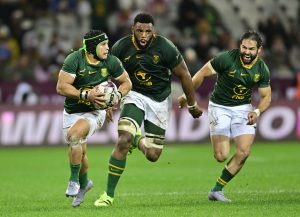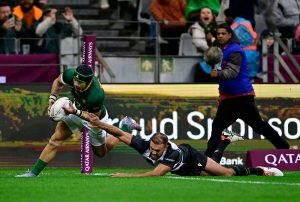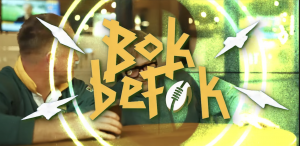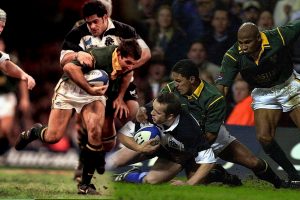Relief for Razor, belief for England
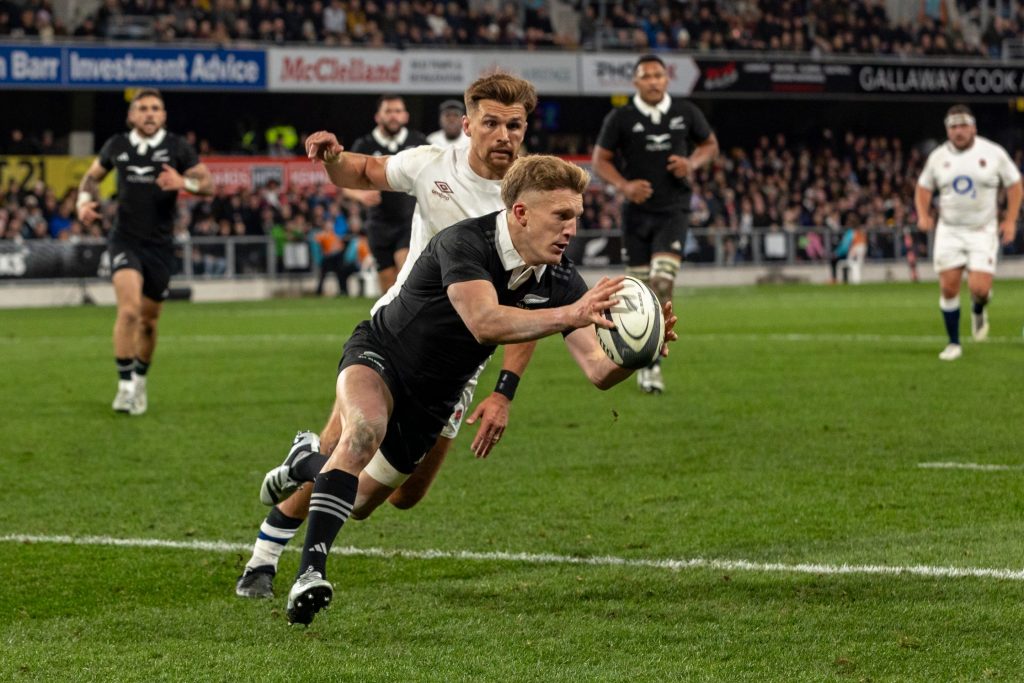
New Zealand against England was one hell of a Test match. What a way to start July’s bumper international month off rugby. The All Blacks won by a point but it could easily have been England’s night under the roof in Dunedin.
All the attention, and possibly pressure, was on the new All Blacks coach Scott Robertson. His All Blacks opportunity had finally arrived after seven successive Super Rugby titles with the Crusaders.
Robertson didn’t need to find out the hard way that Super Rugby is not Test rugby because he wore the All Blacks jersey in 23 Tests. But he quickly got a reminder, should the memory in any way have been dulled through time.
Robertson and his former Crusaders forwards coach Jason Ryan are once again a team, and the All Blacks scrum, in recent years a vulnerability, is once again a strength.
Ryan instilled a desire in his forwards to want to scrum and they were rewarded with three scrum penalties against a powerful English set piece.
England were very good and the presence of former Springboks assistant coach Felix Jones is obvious. The English defensive line speed was fast, furious and explosive. It was also unrelenting and it did not slow in 81 pulsating minutes.
Defensively, both teams were committed, brave and disciplined. The All Blacks, on the half hour mark had made 75 tackles to England’s 25 but had led 10-7 through two wonderfully created tries from penalty advantages.
These All Blacks want to play, but at times they played too much rugby in their own half and defaulted to Super Rugby Pacific fanfare. They were too lateral, too predictable and against a powerful English defence, they got punished.
An example of this was when the All Blacks kept on playing for two minutes after the halftime hooter had sounded. They kept the ball for multiple phases, went side to side on several occasions, did not make a metre in attack and got penalized at the breakdown.
England flyhalf Marcus Smith kicked the penalty to level the scores at 10-all and that momentum stopper turned into a momentum advantage for the visitors as they scored early and controlled the match for the first 15 minutes of the second half.
Robertson emptied his bench before the hour mark, changed the game plan to deal with England’s rush defence, and the All Blacks in the final 20 played far more intelligently as they pushed for field position through long kicks and high hoists by replacement scrumhalf Finlay Christie.
A kick is only as good as the chase and the All Blacks wingers Mark Telea (left) and Sevu Reece (right) were outstanding in applying the pressure from the kicks.
That pressure resulted in three penalties, two of which Damian McKenzie kicked and one in which he was timed out for taking too much time. The latter happened in the 78th minute and England, winning a penalty from the resulting play, had one minute in which to win a Test in New Zealand for the first time in 21 years.
The wait continues for England and they have one more opportunity at Eden Park in Auckland next Saturday.
For the All Blacks, Robertson will be more relieved than euphoric that his first Test as an All Blacks coach is now in the record books, and it shows a ‘W’. Now the build can begin. He has a starting point, a first Test win and a first visual of the first match 23 he selected as national coach.
It is a great starting point because of the quality of the opposition. England have improved remarkably since the 2023 World Cup, when they pushed the Springboks to the brink in a 16-15 semi-final defeat.
The scoreline in Dunedin was exactly the same, but the English effort was far superior than in Paris.

